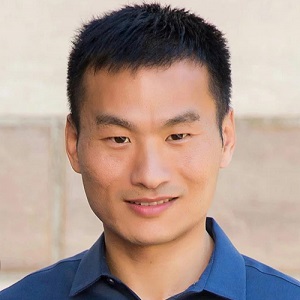Xiaolei Su, Ph.D.
Assistant Professor of Cell Biology
Yale Cancer Center

Assistant Professor of Cell Biology
Yale Cancer Center
Key Words: T cell, chimeric antigen receptor, B cell leukemia, phase separation
The overall goal of my research program is to understand the molecular mechanism of chimeric antigen receptor-triggered T cell activation and to leverage this knowledge to develop new tools for improving T cell-based cancer immunotherapy. The chimeric antigen receptor (CAR) enables T cells to specifically target and kill cancer cells. Despite of its success in treating childhood cancers, significant challenges remain including cytokine release syndrome, neurotoxicity, and incomplete patient responses. These raise the necessity of an in-depth investigation of the molecular mechanism underlying CAR-mediated T cell activation. Unfortunately, the mechanistic study of CAR signaling falls far behind its progress in clinical application. Supported by the Charles H. Hood foundation, I will use CD19-CAR, a synthetic receptor commonly used in treating B cell leukemia and lymphoma, as a model to study CAR signaling. Firstly, I aim to determine the mechanism of CAR activation by antigens. I will develop a new biochemical reconstitution system to specially test the “size exclusion model” of CAR activation. This model, once validated, would suggest new criteria in selecting antigen molecules for designing CARs. Moreover, I will study how activated CARs transduce signaling to downstream pathways. Based on my preliminary data showing that activated CAR induces micron-sized cluster formation, I hypothesize that microclusters amplifies antigen-specific CAR signaling and promotes CAR T cell’s activity in killing cancer cells. I will test this hypothesis by developing CAR variants to modulate cluster formation and cytotoxic activity of CAR T cells. Result from these studies will not only reveal the molecular mechanism of CAR activation, but also guide the development of new CARs with improved efficacy against childhood cancers as well as other type of tumors.